Benefits of Using a Spending Tracker

Benefits of Using a Spending Tracker
As we navigate our 40s and 50s, managing our finances becomes increasingly important. Whether we’re saving for retirement, supporting our children’s education, or simply trying to make the most of our hard-earned money, understanding where our cash goes is crucial. This is where a spending tracker comes in handy. Let’s explore the numerous benefits of using a spending tracker and how it can transform your financial life.
Why Track Your Spending?

1. Gain Financial Clarity
One of the primary benefits of using a spending tracker is the crystal-clear picture it provides of your financial situation. Many of us think we have a good grasp on where our money goes, but the reality can be quite different .1. By meticulously recording every expense, you’ll uncover spending patterns you might not have noticed otherwise. This awareness is the first step towards making informed financial decisions.
![]()
2. Identify Unnecessary Expenses
It’s easy for small, seemingly insignificant purchases to add up quickly. A daily coffee run or frequent impulse buys can drain your bank account without you realizing it. A spending tracker helps you spot these areas of overspending .3. You might be surprised to find that you’re spending hundreds of dollars a month on subscriptions you barely use or dining out more often than you thought.

3. Set and Stick to Realistic Budgets
With a clear understanding of your spending habits, creating an effective budget becomes much easier. A well-maintained budget is key to financial success, allowing you to live within your means and avoid accumulating debt .3. A spending tracker provides the data you need to set realistic budgets that align with your income and financial goals.

4. Achieve Financial Goals Faster
Whether you’re saving for a dream vacation, planning for retirement, or aiming to pay off your mortgage early, tracking your expenses can accelerate your progress towards these goals .3. By identifying areas where you can cut back and reallocating those funds towards your objectives, you’ll reach your targets more efficiently.
![]()
5. Reduce Financial Stress
Unexpected expenses can derail your financial plans and lead to stress. However, when you track your spending accurately, you’re more prepared to handle financial surprises and emergencies .3. Knowing exactly where your money is going each month can help you build an emergency fund and feel more in control of your financial future.

6. Improve Decision-Making
Accurate expense tracking provides valuable data that can guide your financial decisions. Whether you’re considering a major purchase, thinking about investing, or planning for retirement, having a clear record of your spending can help you make informed choices that align with your long-term goals .3.

How to Start Tracking Your Expenses
Now that we’ve covered the benefits, let’s look at some practical ways to start tracking your expenses:
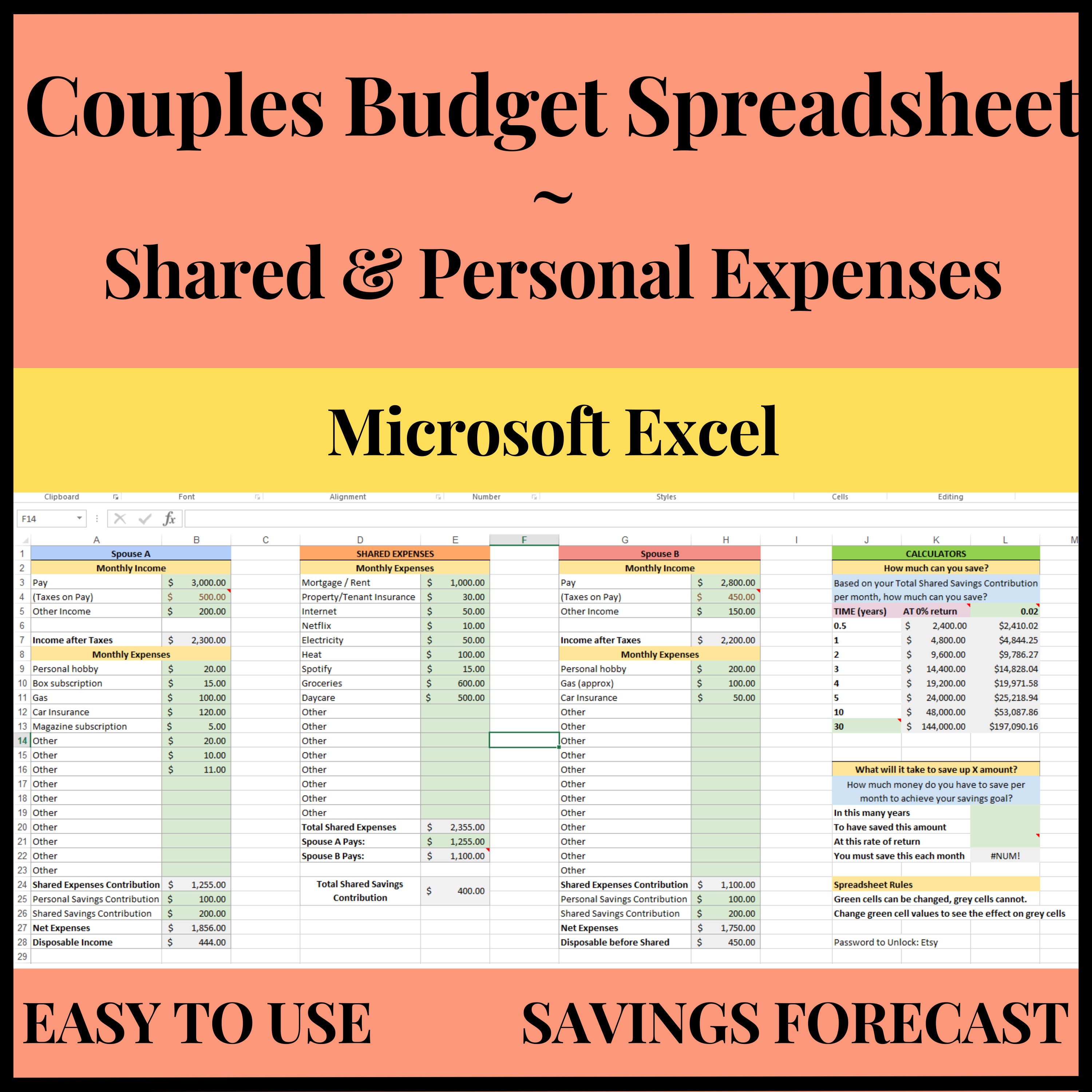
1. Leverage Digital Banking Platforms
Most modern banks offer online platforms that automatically categorize your transactions. Regularly reviewing your digital bank statements and the categories your monthly payments fall into can give you a organized overview of your spending habits .6.
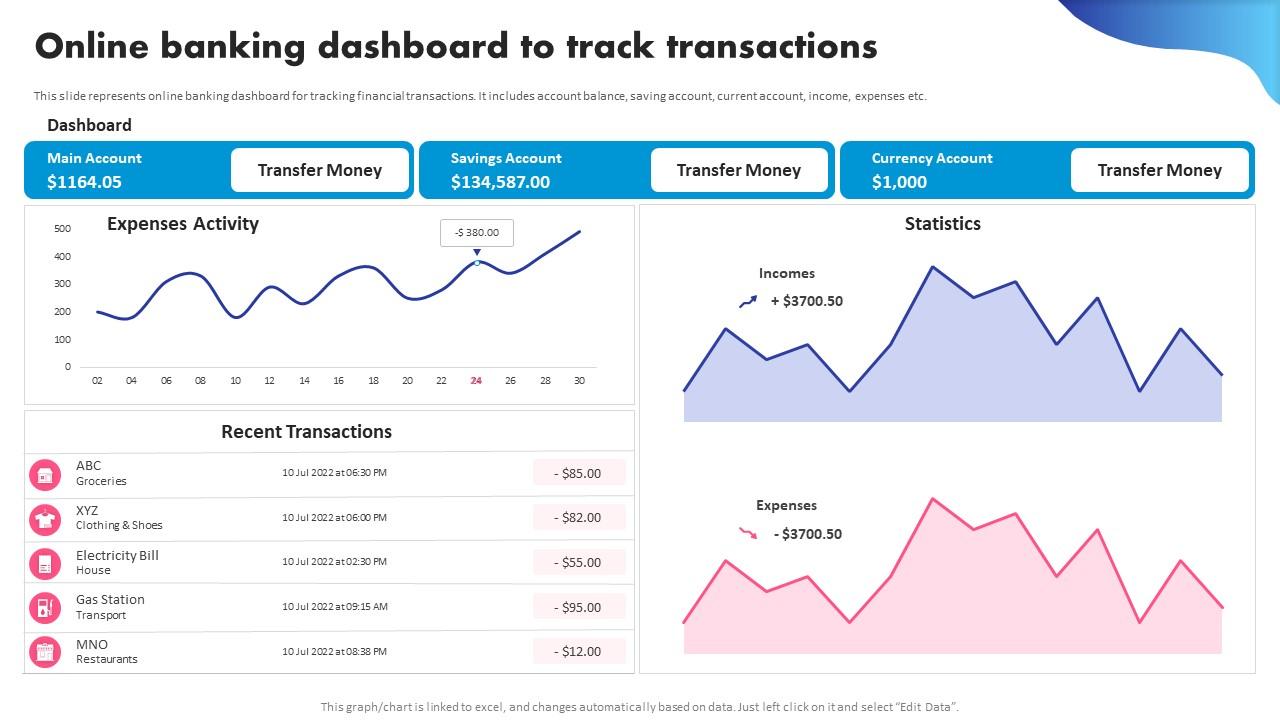
2. Use Expense Tracking Apps
There are numerous apps designed specifically for expense tracking, such as Banktivity, Money Dashboard, and Emma. These apps can sync with your bank accounts and credit cards, categorizing your transactions and offering real-time insights into your financial health .6.
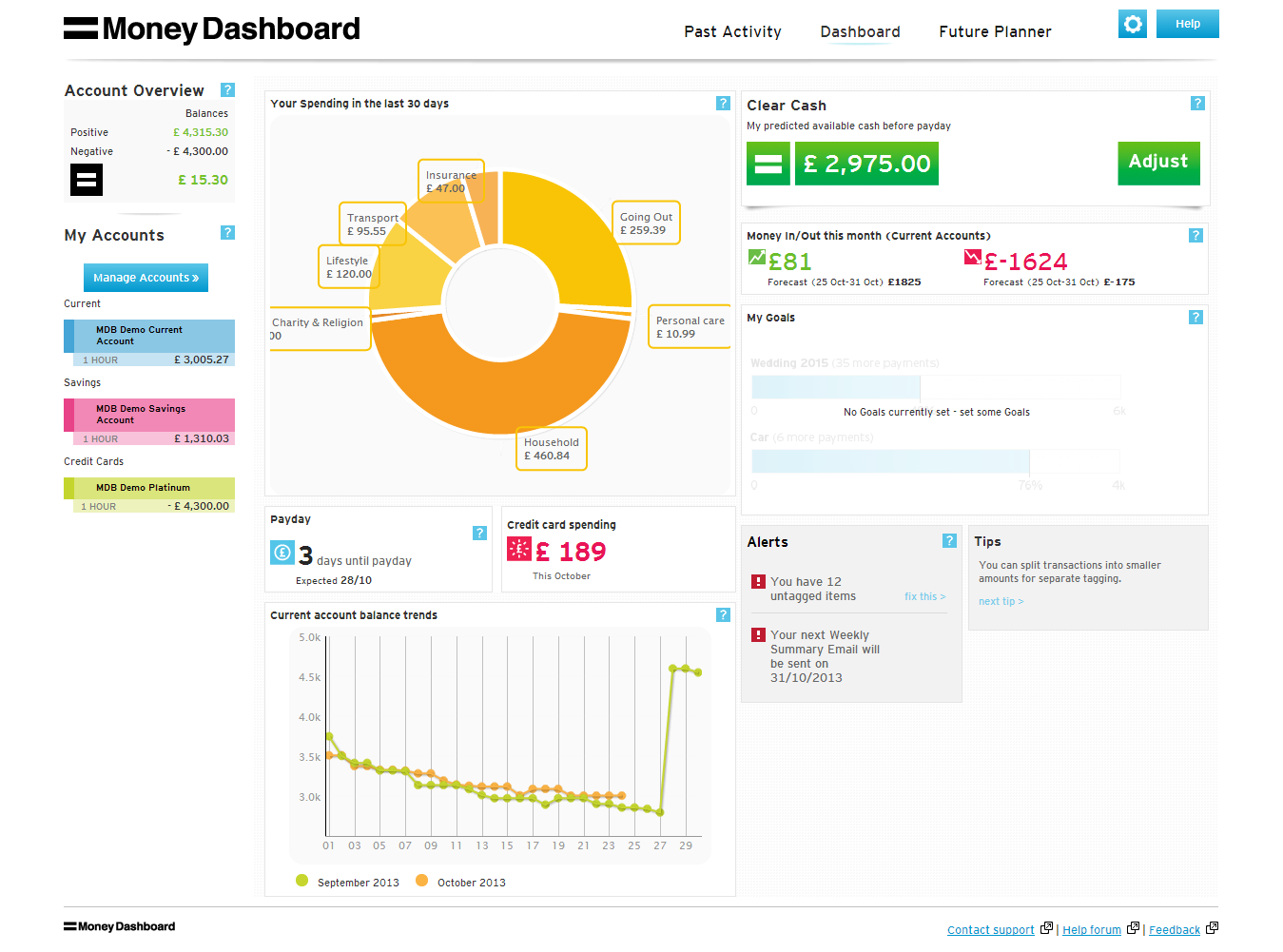
3. Create a Spreadsheet
For those who prefer a more hands-on approach, utilizing software like Microsoft Excel or Google Sheets to create personalized expense tracking spreadsheets can be effective. Tailor these spreadsheets to include categories relevant to your lifestyle and financial goals .6.

4. Try the Envelope Method
If you prefer a tangible approach, the cash envelope system can be a great way to track and limit your spending. Allocate physical cash into envelopes designated for different expense categories. Once an envelope is empty, you’ve reached your spending limit for that category .6.
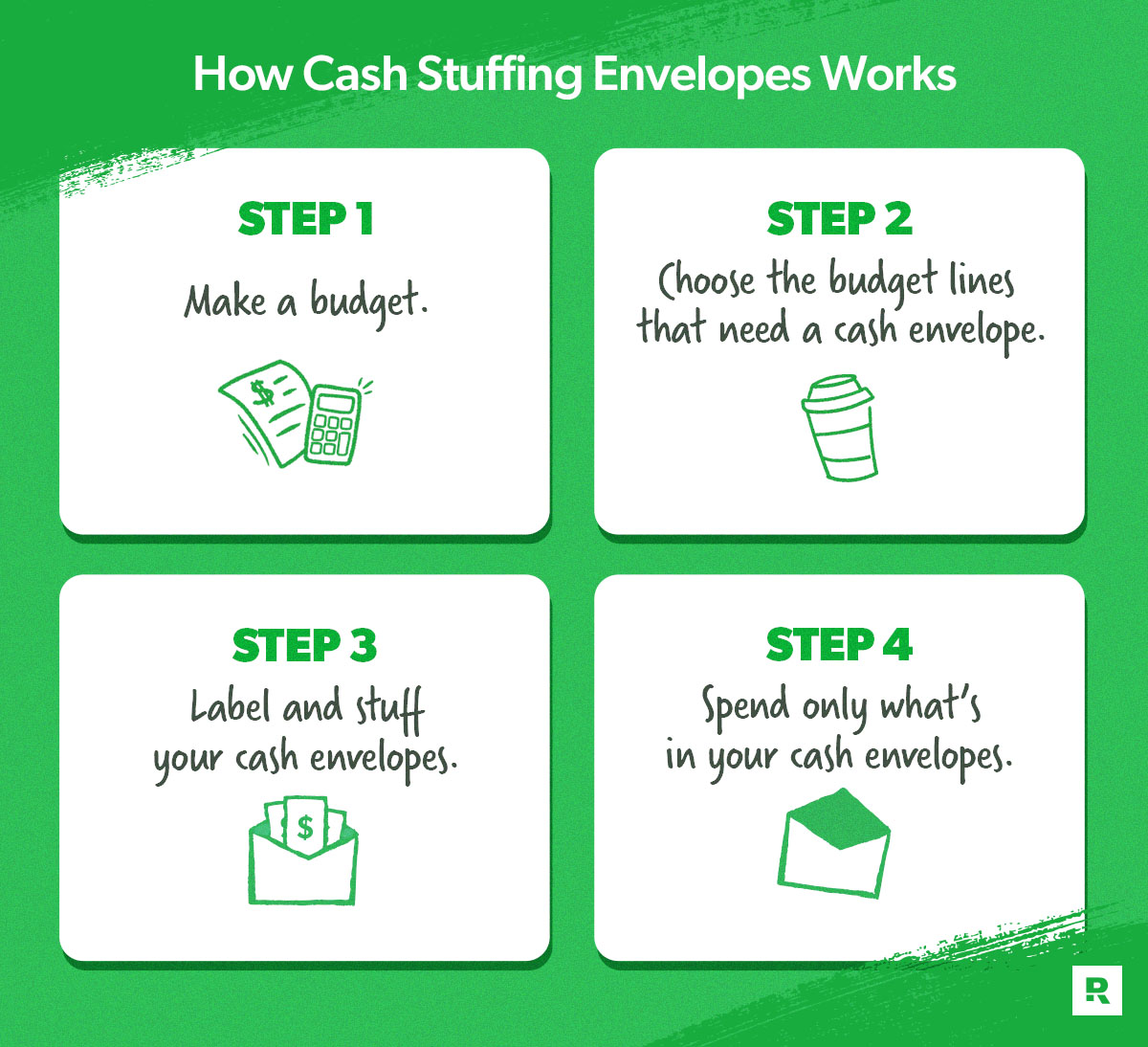
5. Keep a Financial Journal
For those who enjoy writing, keeping a financial journal can be both therapeutic and practical. Jot down your expenses at the end of each day or week, along with any thoughts or insights about your spending habits .6.
Making Expense Tracking a Habit
Consistency is key when it comes to expense tracking. Here are some tips to help you make it a regular part of your financial routine:
-
Set aside a specific time each day or week to review and record your expenses.
-
Use reminders or alerts on your phone to prompt you to log your spending.
-
Make it a family activity if you share finances with a partner, discussing your expenses and financial goals together.
-
Reward yourself for sticking to your tracking habit, perhaps by allocating a small amount of “fun money” each month.
Real-Life Success Stories
Let’s look at some inspiring examples of people in our age group who have transformed their finances through expense tracking:

Brian Brandow: Paid off $109,000 in Debt
Brian started his debt repayment journey at 40, after years of overspending. By tracking expenses and sticking to a budget, he and his wife paid off $109,000 in consumer debt by the time Brian was 45. “After several months, budgeting became routine, and the stress of money was lifted,” Brian says .7.

Vicki & Alan Thompson: Paid off Their House at 47
Vicki and Alan gave themselves an amazing birthday present by paying off their house at age 47. They used expense tracking as part of their debt snowball method, first becoming consumer debt free at 41, then tackling their mortgage. “If I could put my arms around our house I would, it is a completely different feeling knowing that you actually OWN it,” Vicki says .7.

Wendy Mays: Eliminated $650,000 in Debt
At 45, Wendy and her husband were inspired by the financial independence movement. They used expense tracking to cut unnecessary costs and pay off $110,000 in consumer debt. By reducing expenses and debt, Wendy was able to retire from her law practice and become a stay-at-home mom to their six kids .7.

Overcoming Common Challenges
While the benefits of expense tracking are clear, it’s not always easy to maintain the habit. Here are some common challenges and how to overcome them:
-
Time Constraints: If you’re struggling to find time to track expenses, consider using an automated app that syncs with your bank accounts.
-
Forgetting to Log Expenses: Keep receipts and set a daily reminder to input your expenses.
-
Feeling Overwhelmed: Start small by tracking just one category of expenses, then gradually expand.
-
Lack of Motivation: Set clear financial goals and regularly remind yourself why you’re tracking expenses.
-
Dealing with Cash Transactions: Keep a small notebook with you to jot down cash expenses, or switch to using cards for easier tracking.
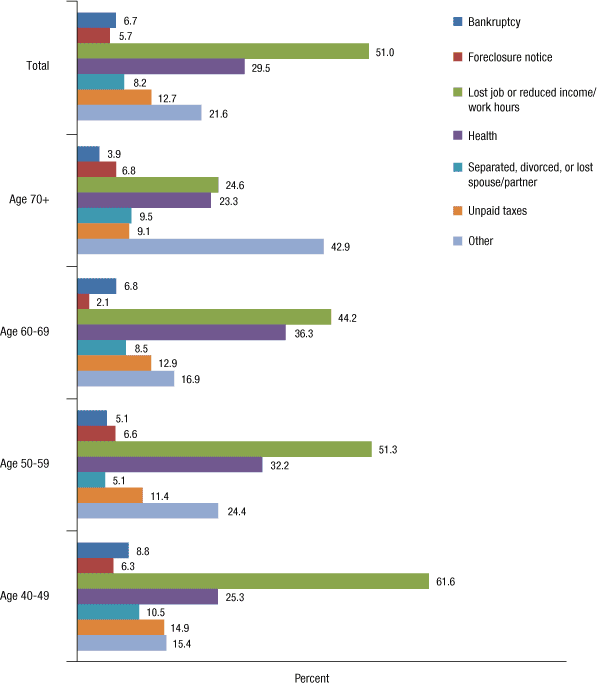
The Long-Term Impact
Expense tracking isn’t just about short-term budgeting; it can have a profound impact on your long-term financial health. As you approach retirement age, having a clear understanding of your spending habits can help you:
-
Estimate Retirement Needs: By knowing your current expenses, you can more accurately project what you’ll need in retirement.
-
Identify Areas to Cut Back: If you’re behind on retirement savings, expense tracking can help you find areas where you can reduce spending to boost your contributions.
-
Plan for Healthcare Costs: As healthcare becomes a larger part of our budgets in later years, tracking these expenses can help you plan for future needs.
-
Leave a Legacy: By managing your expenses effectively, you may be able to set aside more for inheritance or charitable giving.
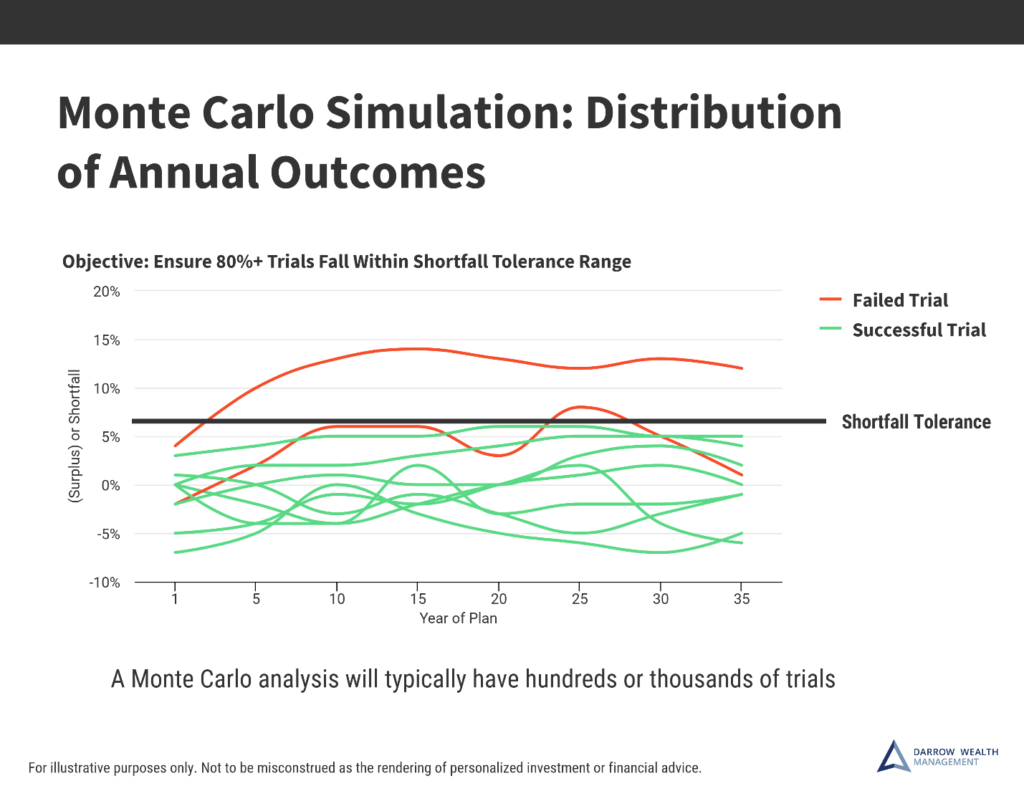
Conclusion
In our 40s and 50s, we’re often at the peak of our earning potential, but also facing significant financial responsibilities. Using a spending tracker can be a game-changer, providing the insights we need to make the most of our money. Whether you’re aiming to pay off debt, save for retirement, or simply gain more control over your finances, tracking your expenses is a powerful tool.
Remember, it’s never too late to start. As the success stories we’ve shared demonstrate, even if you’re starting in your 40s or 50s, you can make significant improvements to your financial situation. The key is to start now, be consistent, and use the insights you gain to make informed decisions.
By embracing the habit of tracking your expenses, you’re not just managing your money better today; you’re setting yourself up for a more secure and comfortable future. So why wait? Start tracking your expenses today and take control of your financial destiny.
![]()







